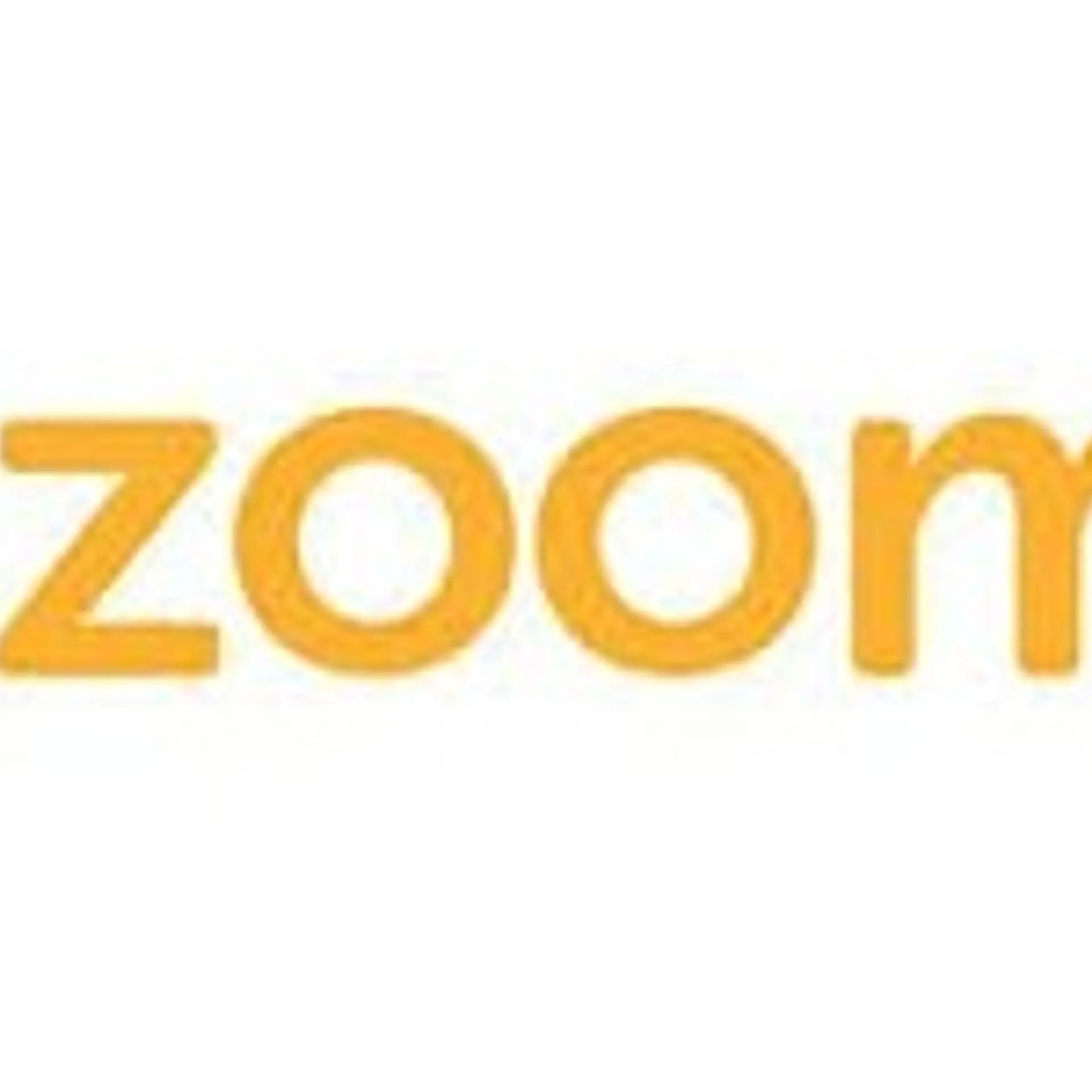

Personal loan versus Credit Card Loans
You have a sudden and unexpected requirement for money and don’t have any emergency money, and then one of the options is a personal loan. And today, many PSU Banks, Private Banks and NBFC’s all offer personal loans without any security or collateral, or a guarantor.
The other option to access money in an emergency is from your Credit card. Credit cards are also issued by most public and private sector banks. Credit card also doesn’t need any security or collateral. And it also comes with the cash withdrawal facility at ATMs.
Let’s discuss some of the details of credit cards versus personal loans.
Eligibility Criteria: In case of personal loans, the eligibility and disbursal of the loan amount depends on age, current employment status (egg: with a PSU/Private/Self Employed, Professional), monthly income and location i.e. whether in a major metro, Tier 2 cities or rural area). Lenders check the credit history of borrower to understand repaying capability. A good cibil report and credit history is important to maintain. If you maintain your salary account in the same bank, you will make a better deal.
In case of credit card loans the main criteria are age, regular source of income and good credit history
Loan amount: For personal loans, minimum loan amounts starts with Rs.10000/- and maximum loan amounts can go as high as Rs. 30 Lakhs. Normally the maximum limit on loan amounts for professionals like CAs; doctors etc. are a bit more than other salaried class people.
Credit card loan limits are pre - fixed by the lender when they are issued and it is ideal for borrowing smaller amount, like paying utility bills, and other smaller bills.
Repayment tenure: For personal loans, it will be a minimum of 6 months and up to 72 months. And in case of credit card loans, we can extend the repayment tenure upto 48 months.
Interest Rate: For personal loans, the calculation of interest is based on the reducing balance method and you have to pay the loan through EMI (Equated Monthly Installments). Presently the lowest interest rate prevailing in the market is 10.85% and the highest being around 20%.
In case of Credit card loans, there is an initial 20 to 50 days which is considered as interest free period and interest will not be levied during this period. The interest rates after this period is rather high and is around 25% to 40% per annum (i.e. 2.00% to 3.50% per month) and interest will also be charged from date of borrowing, if the amount is not repaid within that initial interest free period. Interest rates on cash withdrawals are more than the loan rate.
Other Charges: For personal loans , you will have to bear the following charges -loan processing charges (1%-3% of loan amount), Prepayment charges (3%-6% of pre-closure amount) if opted, Amortization Schedule charges (Rs.200-Rs.500), Cheque bounce charges (around Rs.500) , CIBIL Report charges (Rs.50-Rs.100), Cheque swapping charges (around Rs.500/transaction), Stamp duty & Incidental/legal charges will be on actuals.
In case of Credit card loans, some of the other charges are annual fees (Rs.1000-Rs.3000), Cash advance fees (2.5%-3%) of the amount borrowed as cash, Cash payment fees (Rs.100-Rs.300) if due payment is paid through cash, Over-limit fees (2.5%-3%) of amount borrowed more than the limit if any, Payment dishonor charges (2%-3%) of payment amount, Foreign currency transaction fee (3.5%-4%) of INR converted into foreign currency if any purchases made in abroad, and Duplicate account statement request charges (Rs.100-Rs.300),
All these charges will come along with the applicable service tax.
Penal interest: For personal loans, any late payment of EMI will attract 2% more interest per annum over and above the actual rate.
In case of credit card loans, late payment charges will be around 30% of the minimum outstanding amount or Rs.350 to Rs.1000 if minimum amount due is not paid within the payment due date.
Other Features: For personal loans, banks are presently adding personal accidental insurance policies along with loans and either loading the premium charges on the EMI amount or deducting this from the loan amount at the time of disbursal to mitigate the risk of default due to uncertain events. Some banks are presently offering the online facility to apply for fresh loans. There are a few online aggregating portals which are providing a platform which consolidates details for comparing interest rates, fees, procedures, eligibility criteria and documents required. Lenders also provide top-up loans after completing the payment of the initial 12 EMI’s without any delay.
In case of credit card loans, all companies are providing several incentives and rewards like products at discounted rates, free travel, and free movie tickets and also if you have enough reward points, you can settle the outstanding dues of the same card. Persons without any credit history can use credit cards as a tool to build credit score. Currently some banks are coming with the option of credit cards against fixed deposits to avail the lower interests on credit.
Documents required: Basic KYC documents, PAN Card, Address proof, income proof and age proof are required for both personal loan as well as credit card.
Eligibility criteria, Interest rates, and other important features will vary from lender to lender and so it is important to read and study all the details and fine print carefully before selecting the right loan for you.





.jpg?mode=crop&crop=faces&ar=1%3A1&format=auto&w=1920&q=75)
